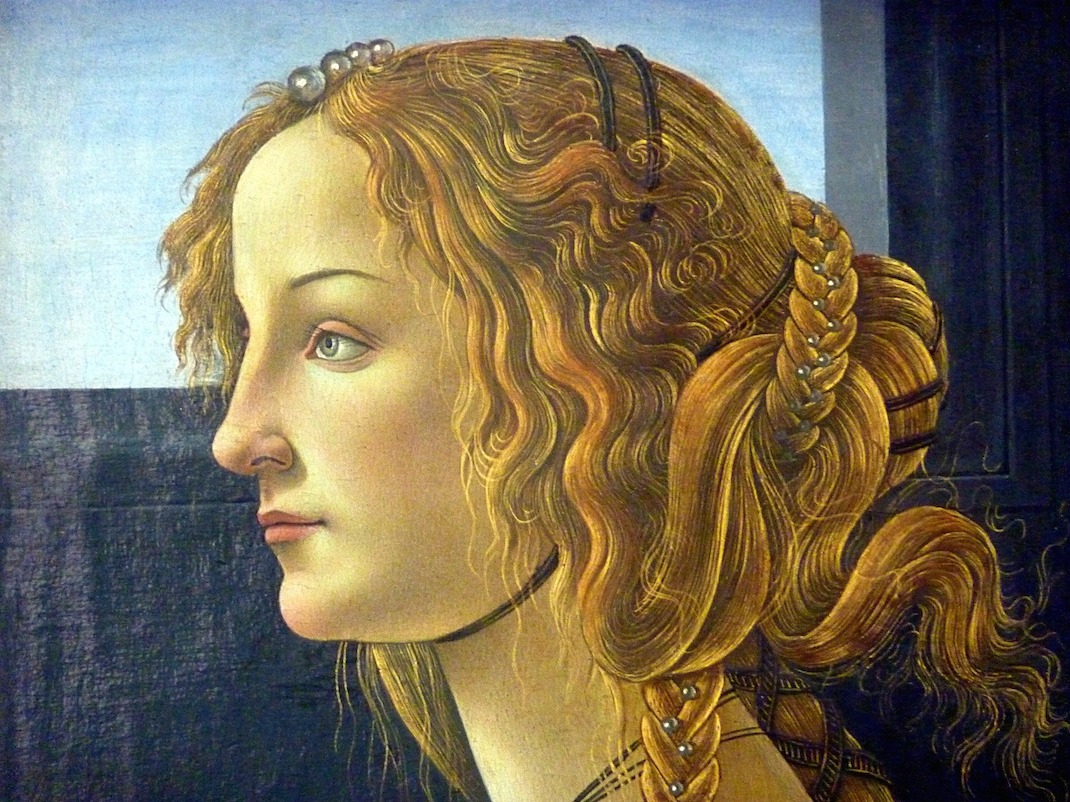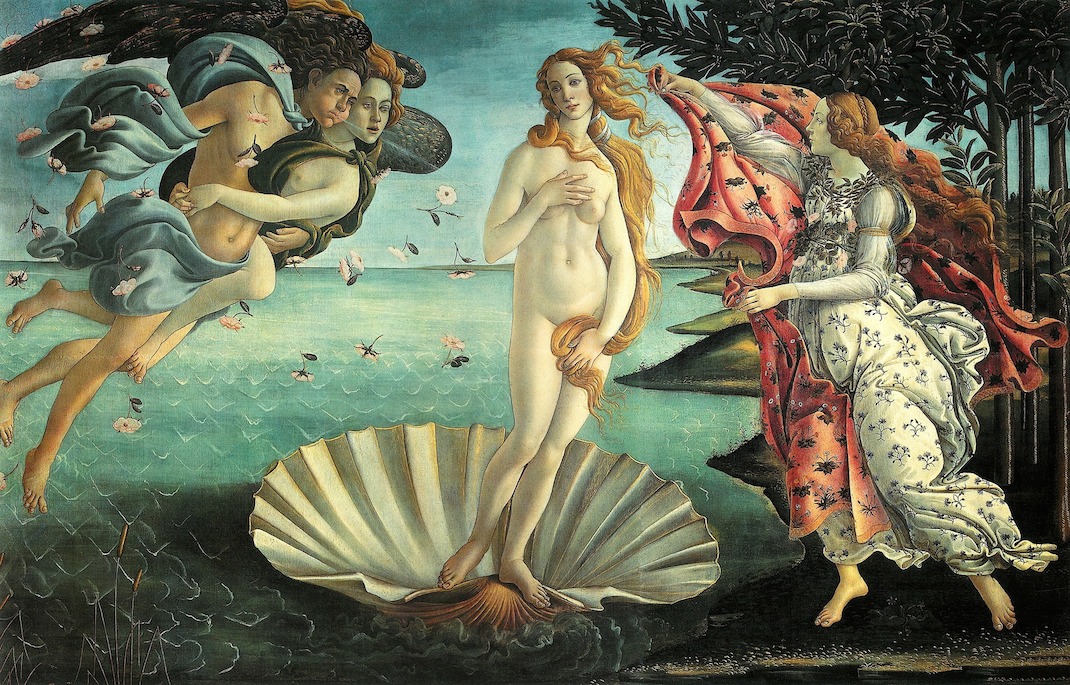Special Feature
Optimal health, luxurious hair and skin in humans has recently been attributed to beneficial bacteria. Research from Canada indicates that routinely ingesting probiotic yoghurt or L. Reuteri organisms produced a healthy glow in animal models by increasing anti-inflammatory cytokine IL-10 which reduces inflammatory cytokine IL-17. This specific probiotic strain triggered glowing skin and hair typical of youth recreated in aged animals and likely triggered by the microbiome’s effects on inflammation within the skin. Mice with low levels of anti-inflammatory cytokine IL-10 failed to display benefits after eating probiotics. However, when inflammatory IL-17 was reduced the effects of taking L. Reuteri probiotic was seen. This proves that the immune system is linked to lustrous health. The anti-inflammatory effect on IL-17 comes from the gastro-intestinal tract and impacts both the systemic and local immune health.
Lactobacillus species have previously been shown to reduce the skin-related inflammatory response through the gut-brain-skin axis by regulating emotions via the vagus nerve. More recent clinical trials indicate topical probiotics may be directly beneficial to the skin. This highlights the role of the local immune system of microbes in grooming.
Female mice developed lustrous hair following ingestion of probiotics. This immediate impact on hair gloss was due to increased secretion of sebaceous glands in the skin. Sebum, comprising of fatty acids and wax esters alters the pH of the hair, filling in parts of the hair cuticle and enhancing reflection of light. This effect was enhanced in female animals more than in males. Increased levels of oxytocin after ingesting probiotics lead to more frequent grooming activity which helped to distribute sebum and increase radiance in animals. Female mice deficient in IL-10 had alkaline skin and mucosa and failed to benefit clinically from probiotic supplementation. The immune system is dependent on IL-10 to recruit anti-inflammatory immune cells following ingestion of probiotics.

Probiotics have effects on many inflammatory cells and cytokines which have important roles in skin health and disease and in hair follicle cycling. Hair growth in aged male mice occurred due to a shift from telogen (control mice) to 70% of follicles in anagen phase (in probiotic fed mice). Both hair growth and increased shininess are strongly regulated by hormones, in particular testosterone causes hair growth in males. An elevation in levels of testosterone in male mice after feeding probiotics may serve to stimulate sebum and associated hair follicles in probiotic fed animals. Excessive inflammation in the form of uncontrolled IL-17 prevents scalp hair growth, and this may be remedied by eating probiotic bacteria such as L. Reuteri. Aged male mice eating probiotics grew IL-10 dependent dense fur together with elevated testosterone and increased virility when compared to mice controls.
Skin of both male and female mice improved with dietary probiotics. Female animals showed a better response regarding improvements in skin pH and fur shininess. This response depended on the presence of anti-inflammatory cytokine IL-10.
The probiotic induced ‘glow’ in aged animals not only reflects health but also illustrates the effect microbial health has on reproductive fitness. During periods of fertility, enhancement of the immune system and hormones from probiotic organisms dominate the skin for our survival and reproductive success. In humans, the resulting radiant skin and shiny hair signal a good reproductive investment and are attractive to our species. Probiotic-enhanced immunity via Il-10 enables humans to sustain a prolonged placental pregnancy. Acidic mucous stops pathogens from entering the GI tract and impeding fertilization and pregnancy. Under ideal conditions these probiotic bacteria are then passed from mother to offspring during vaginal birth and nursing, ensuring evolutionary success to both the bacteria and their host.
http://journals.plos.org/plosone/article?id=10.1371/journal.pone.0053867

